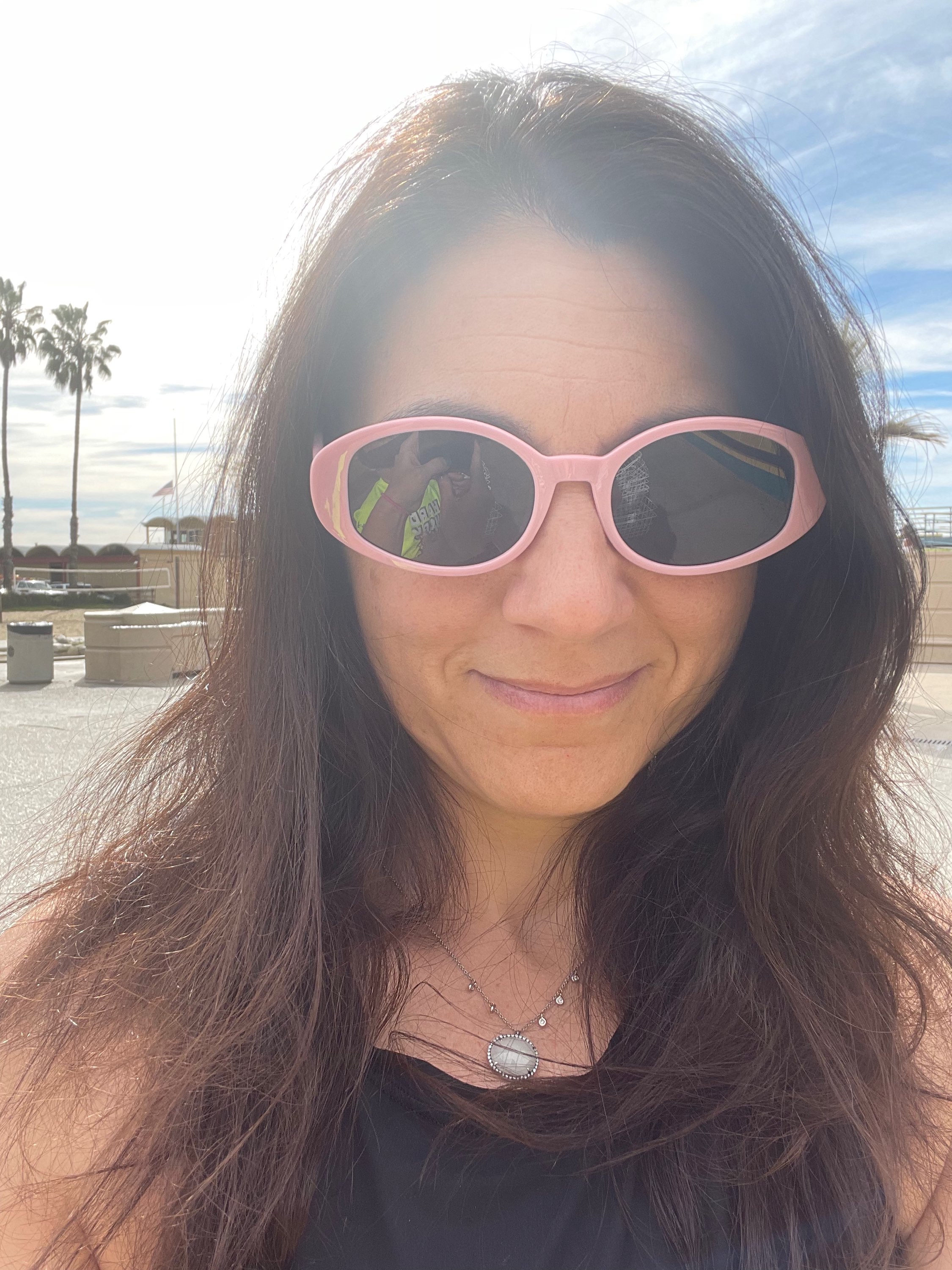Finding Relief from Obsessive-Compulsive Disorder and THE SAFEKEEP by Yael van der Wouden
- Marisa Gelfand

- 3 days ago
- 2 min read

Isabel lives alone in her late mother’s house. Aside from rare visits with her brothers, she is mostly isolated. Her days revolve around meticulous home preservation. Isabel obsessively catalogs and counts everything, things like the number of dishes, each piece of silverware, every trinket. She patrols the house with a notebook in hand, scanning for the slightest imperfection or missing item. Any disruption to her rigid routine—an object out of place, a number that doesn’t match—sends her into a spiral.
Isabel experiences Obsessive-Compulsive Disorder (OCD).
OCD is made up of two main symptoms: obsessions and compulsions.
Obsessions are intrusive, unwanted thoughts or urges that can cause intense feelings of anxiety, fear, or shame. Compulsions, on the other hand, are repetitive behaviors performed according to strict rules. They're usually done in response to obsessions, as a way to reduce the anxiety those thoughts bring. Individuals usually experience a brief respite from anxiety following the use of a compulsion, which strengthens the likelihood of using the compulsion to overcome anxiety related to obsessions in the future.
Here are tools for finding relief from Obsessive-Compulsive Disorder.
Expose, Don’t Avoid: List anxiety-provoking situations, ranking them from least to most distressing. Starting with the least intense, imagine the scenarios, and move on to facing it in real life. Overtime, make your way up to the most intense.
Condition Calm: With time—and by allowing yourself to feel your emotions during these exposures instead of turning to compulsions—your fears will lose their intensity.
Check Your Thoughts: When obsessions arise, ask yourself: Am I focused on facts and my senses, or getting caught in doubt and distorted thoughts? If it’s the latter, gently shift your focus back to what’s real and observable—not the “what-ifs.”
Get Professional Help: Work with a therapist who specializes in one or both of the most effective treatments for OCD: Inference-Based Cognitive Behavioral Therapy (I-CBT) and Exposure and Response Prevention (ERP) Therapy.



